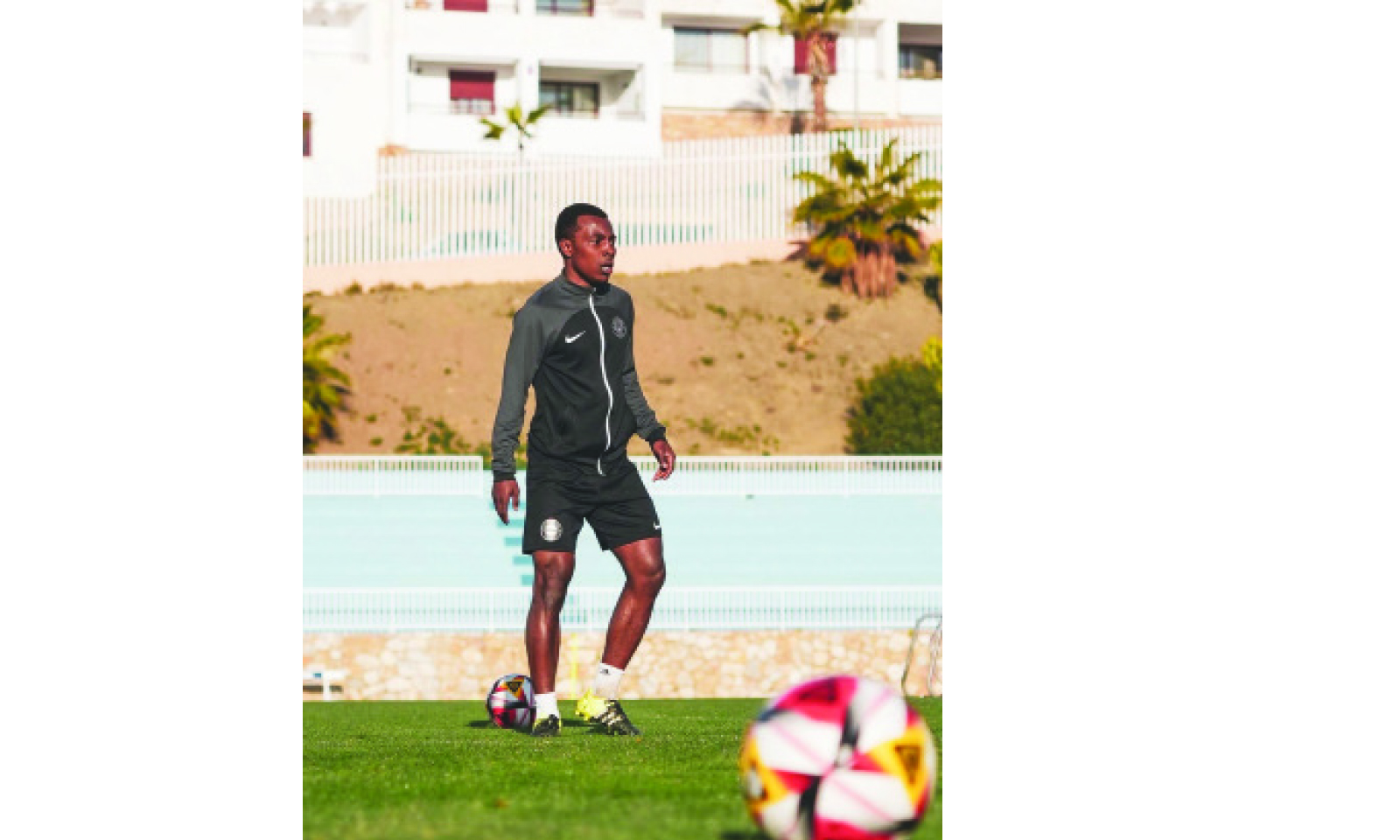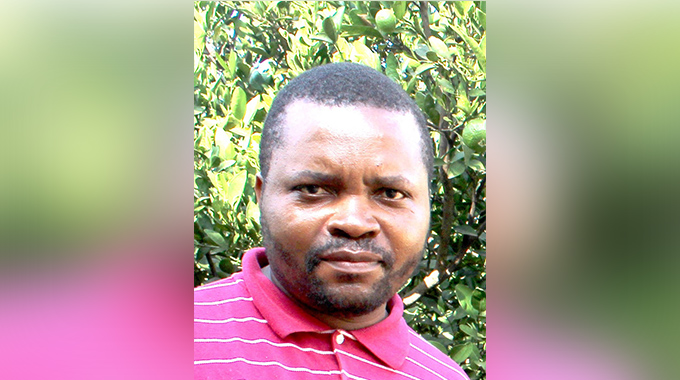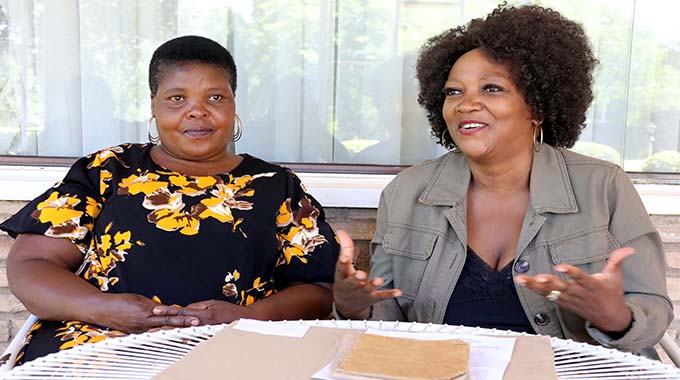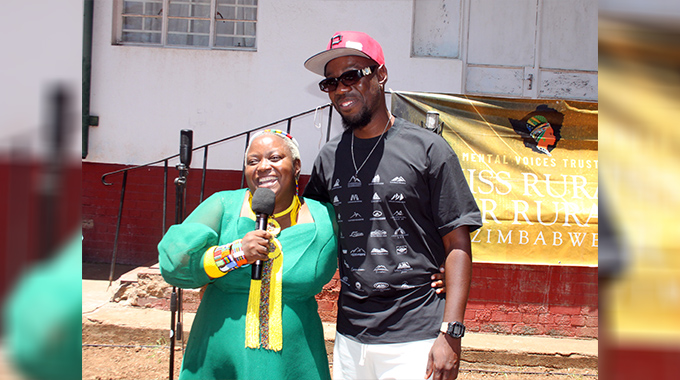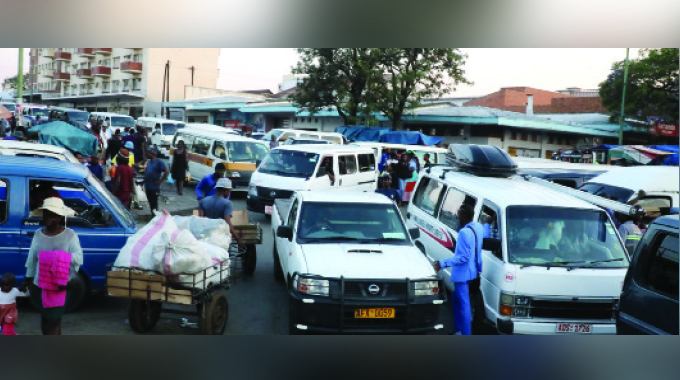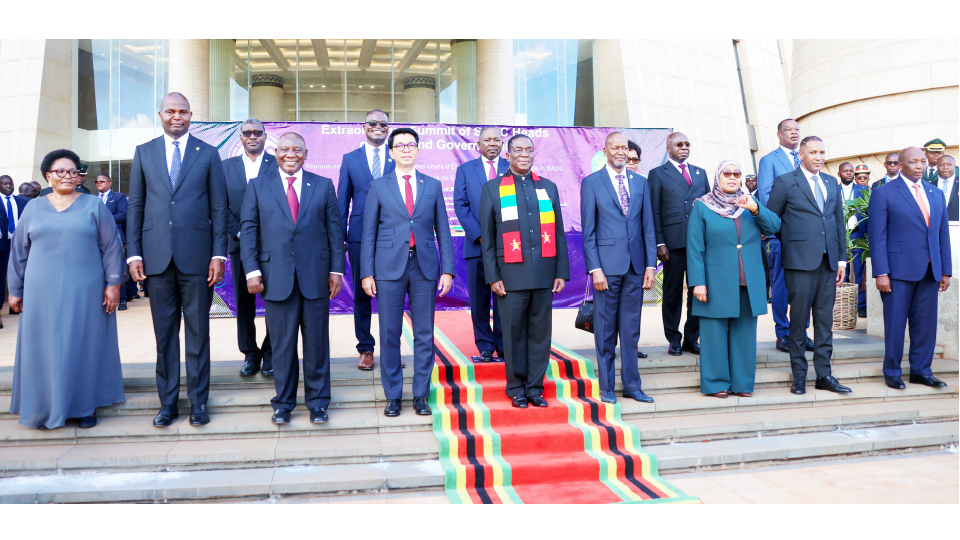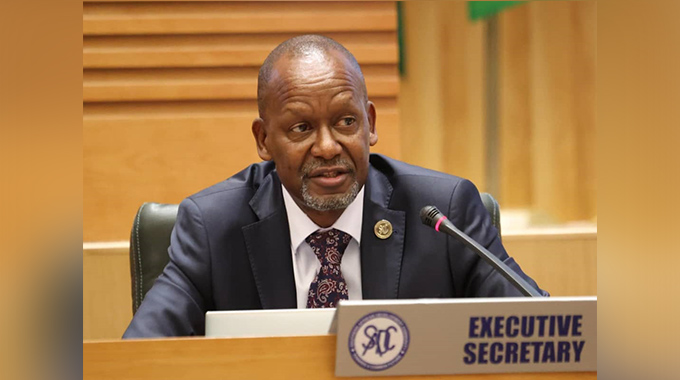
Business Reporter
AFRICAN heads of state and government have committed to concrete reforms and actions to expand access to reliable, affordable and sustainable electricity to power economic growth, improve quality of life, and drive job creation across the continent.
The leaders pledged their commitment in a declaration during the two-day Mission 300 Africa Energy Summit in the Tanzanian commercial capital, Dar es Salaam.
Mission 300 partners pledged more than US$50 billion in support of increasing energy access across Africa.
The Dar es Salaam Energy Declaration represents a key milestone in addressing the energy gap in Africa, where more than 600 million people currently live without electricity.
In a statement, the AfDB said the commitments were a critical “piece” of the Mission 300 initiative, which unites governments, development banks, partners, philanthropies, and the private sector to connect 300 million Africans to electricity by 2030.
The declaration will now be submitted to the African Union (AU) summit in February for adoption.
By addressing the fundamental challenge of energy access, Mission 300 serves as the cornerstone of the job’s agenda for Africa’s growing youth population and the foundation for future development.
At the summit, 12 countries presented detailed National Energy Compacts that set targets to scale up electricity access, increase the use of renewable energy and attract additional private capital.
“These country-specific plans are time-bound, rooted in data, endorsed at the highest level and focus on affordable power generation, expanding connections, and regional integration,” said the AfDB in a statement.
“They aim to boost utility efficiency, attract private investment and expand clean cooking solutions.
“Deploying satellite and electronic mapping technologies, these compacts identify the most cost-effective solutions to bring electricity to under-served areas.”
Dr Samia Suluhu Hassan, president of the United Republic of Tanzania said her country was honoured to host “a monumental summit” to discuss how leaders would be able to deliver on their promises to citizens to provide power and clean cooking solutions that would transform lives and economies.
“As leaders, we will be able to deliver on our promise to our citizens to provide power and clean cooking solutions that will transform lives and economies,” said President Hassan.
Implementing the National Energy Compacts would require political will, long-term vision and the full support from Mission 300 partners, she said, adding, Governments were paving the way through comprehensive reforms, complemented by increased concessional financing and strategic partnerships with philanthropies and development banks to catalyse increased private sector investment.
AfDB president Dr Akinwumi Adesina emphasised the need for decisive action to accelerate electrification across the continent.
“Critical reforms will be needed to expand the share of renewables, improve utility performance utilities, ensure transparency in licencing and power purchase agreements, and establish predictable tariff regimes that reflect production costs.
‘‘Our collective effort is to support you, heads of state and government, in developing and implementing clear, country-led national energy compacts to deliver on your visions for electricity in your respective countries,” said Dr Adesina.
World Bank president Ajay Banga said access to electricity was a fundamental human right.
“Without it, countries and people cannot thrive,” he said.
“Our mission to provide electricity to half of the 600 million people in Africa without access is a critical first step.
“To succeed, we must embrace a simple truth: no one can do it alone. Governments, businesses, philanthropies, and development banks each have a role — and only through collaboration can we achieve our goal.”
During the summit, partners announced a series of commitments. The AfDB and the World Bank plan to allocate US$48 billion in financing for Mission 300 through 2030, which may evolve to fit implementation needs. Agence Francaise de Development (AFD) has pledged €1 billion while Asian Infrastructure Investment Bank has committed US$1 billion to $1,5 billion.
Islamic Development Bank will come through with US$2,65 billion from 2025 to 2030 and OPEC Fund has made an initial commitment of US$1 billion.
Zafiri, an investment company created by the World Bank and the AfDB to support private sector-led solutions, such as renewable mini-grids and solar home systems will invest up to US$300 million in the first phase and to further mobilise up to US$1 billion.



